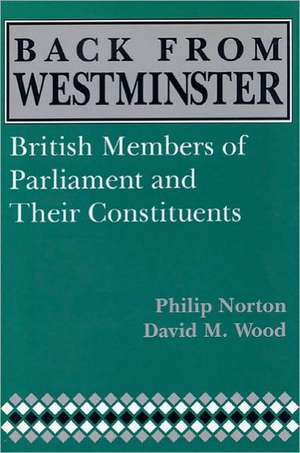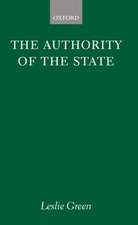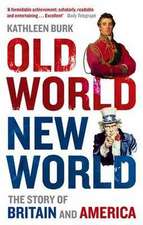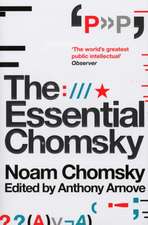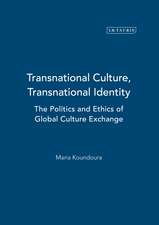Back from Westminster: Comparative Legislative Studies Series
Autor Philip Norton, Phillip Nortonen Limba Engleză Hardback – 9 aug 2012
Preț: 306.60 lei
Nou
Puncte Express: 460
Preț estimativ în valută:
58.67€ • 61.42$ • 48.54£
58.67€ • 61.42$ • 48.54£
Carte tipărită la comandă
Livrare economică 07-21 aprilie
Preluare comenzi: 021 569.72.76
Specificații
ISBN-13: 9780813118345
ISBN-10: 0813118344
Pagini: 192
Dimensiuni: 160 x 238 x 18 mm
Greutate: 0.49 kg
Ediția:New.
Editura: University Press of Kentucky
Seria Comparative Legislative Studies Series
ISBN-10: 0813118344
Pagini: 192
Dimensiuni: 160 x 238 x 18 mm
Greutate: 0.49 kg
Ediția:New.
Editura: University Press of Kentucky
Seria Comparative Legislative Studies Series
Notă biografică
Textul de pe ultima copertă
The British House of Commons has entered a period of substantial change, moving from a state of party cohesion and party leadership toward a more individualistic and active policy-making role. In the dynamic look at the British Parliament and its members, Philip Norton and David M. Wood highlight that change to more intensive constituency response and service on the part of individual members. Like members of the U.S. Congress, British Members of Parliament (MPs) are elected to represent geographical districts. The relationship between the MP and the constituency in Britain has become more important in recent years, but the major changes that have occurred in the relationship since the late 1960s have not been matched by extensive scholarly study. Some pathbreaking work has been done on the subject, but it remains overshadowed by the wealth of material focusing on MPs' activities within the legislative chambers at Westminster. This volume seeks to fill the gap by sketching and assessing the electoral significance of the MPs' constituency work and the broader political ramifications for the workings of the British Parliament. Its findings allow the MP to be seen in full. Norton and Wood argue that the constituency role has gained in importance in recent decades as MPs have become more career-oriented than their forerunners in mid-century. But a by-product of greater professionalism and careerism has been an expanded job description that may take MPs' time and energies away from playing a more effective role in helping to shape the broader policy alternatives for the United Kingdom.
